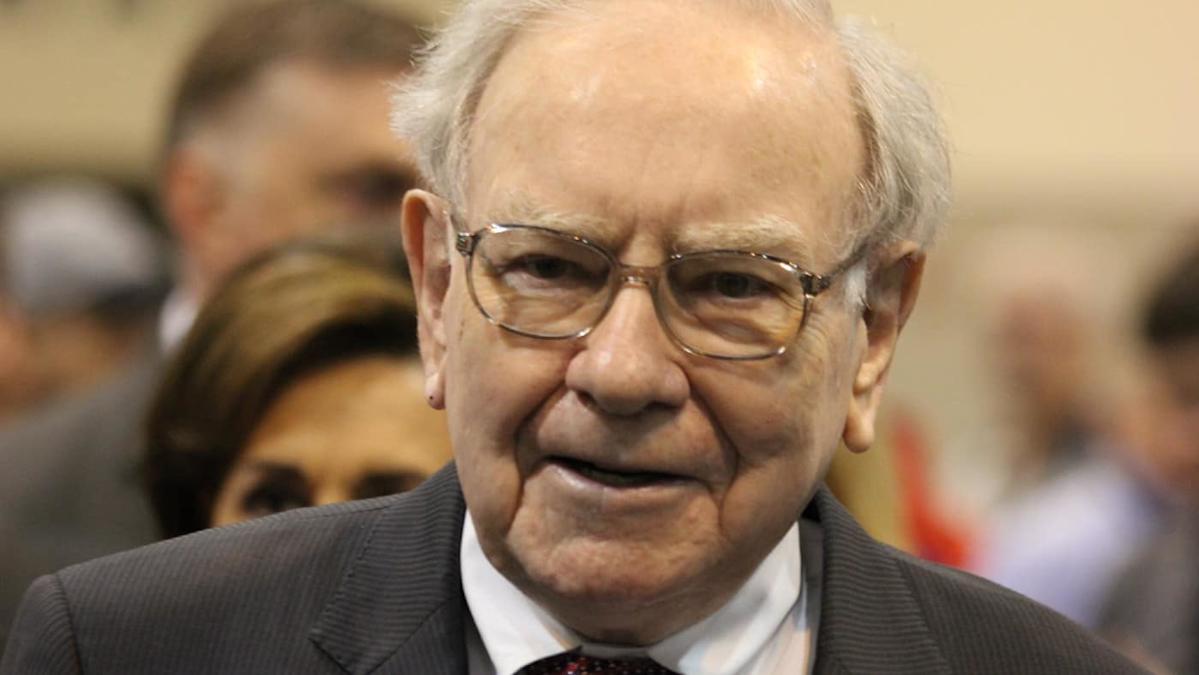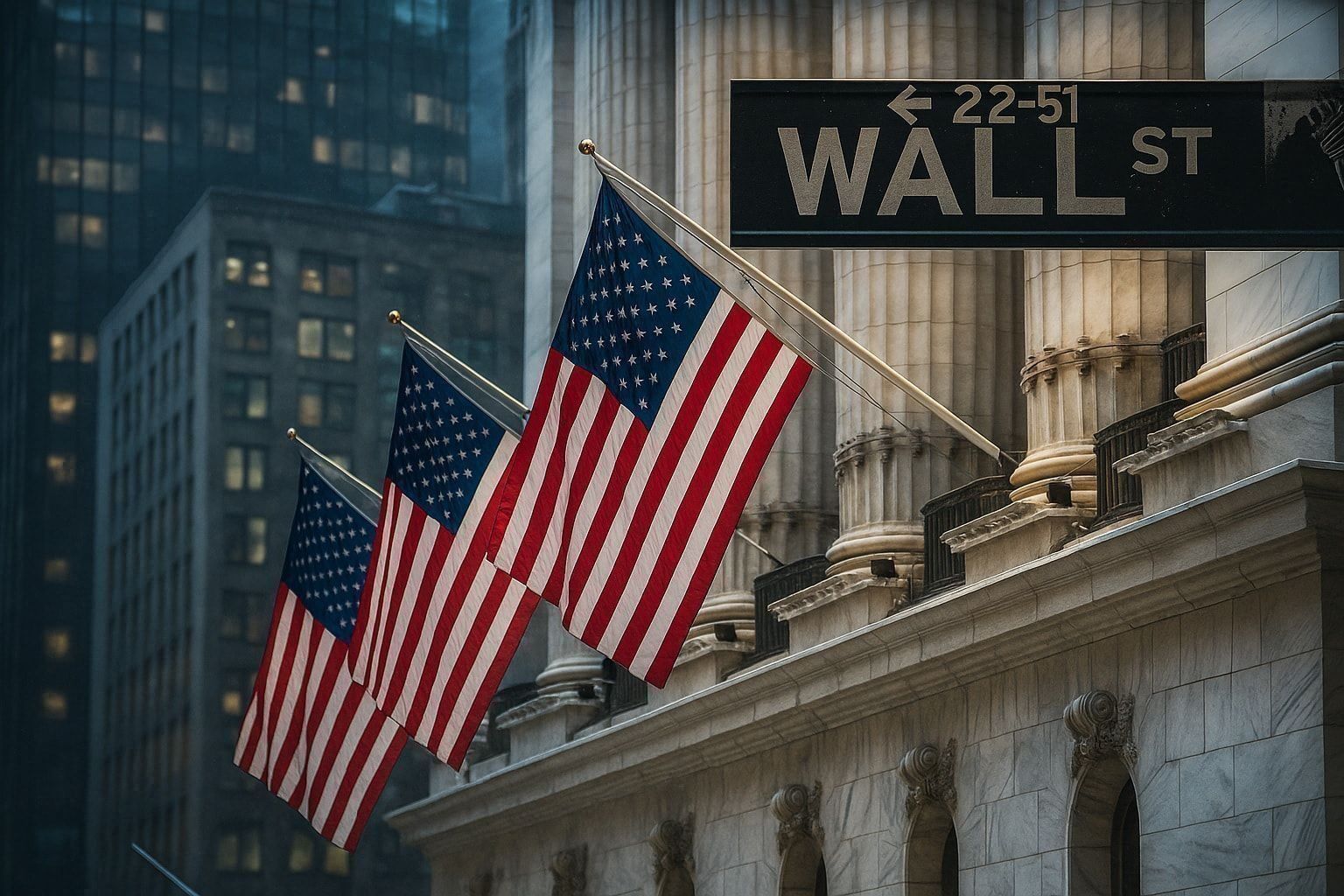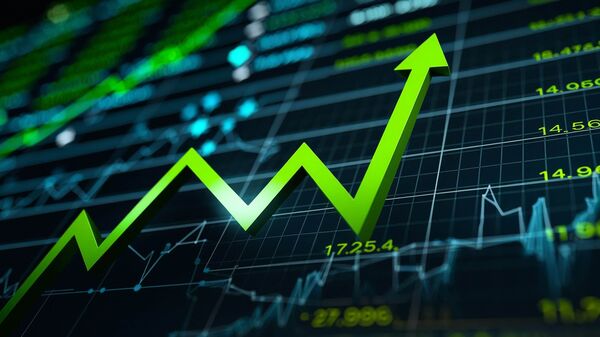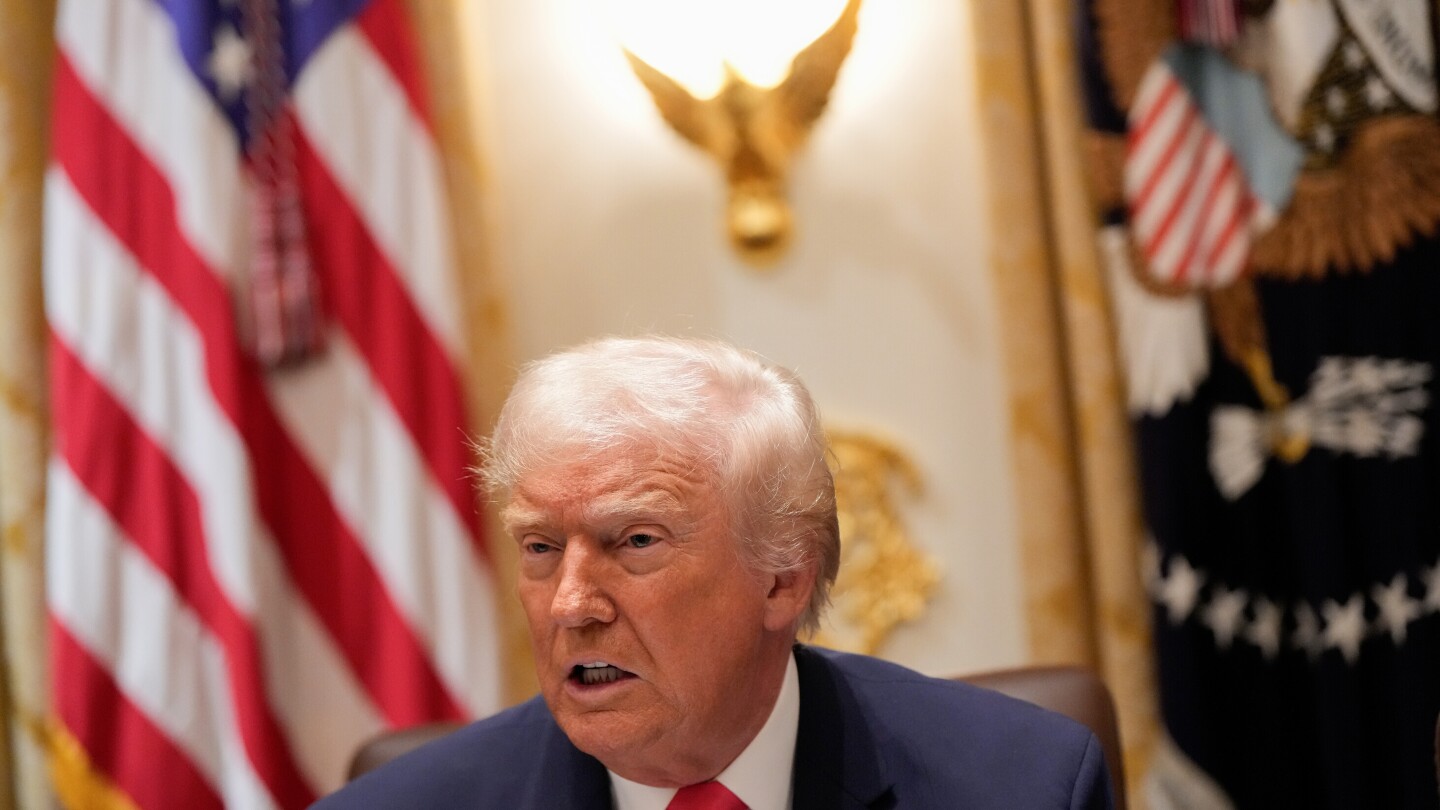- India’s Nifty and Sensex eye a flattish to a positive start on Thursday.
- Nifty and Sensex lost over 1% on Wednesday, undermined by steep losses in the auto sector stocks.
- Traders brace for US PCE inflation, India’s Q3 GDP data and derivatives expiry on Thursday.
The Sensex 30 and Nifty 50, India’s key benchmark indices, are set to open higher on Thursday, as Gift Nifty futures and Chinese stocks rebound.
Nifty and Sensex ended Wednesday with sizeable losses due to risk-averse global markets and a bout of profit-taking in the lead-up to key top-tier events from the US and India.
Indian traders continue to remain on edge ahead of India’s third-quarter Gross Domestic Product (GDP) data and the expiry of monthly derivatives contracts due later this week.
The National Stock Exchange (NSE) Nifty 50 and the Bombay Stock Exchange (BSE) Sensex 30 lost about 1.10% on the day to settle at 21,951.15 and 72,304.88 respectively.
Stock market news
- The top gainers on Nifty on Wednesday included Infosys, TCS, Bharti Airtel and Hindustan Unilever. Meanwhile, the main laggards were Apollo Hospital, Eicher Motors, Bajaj Auto, Powergrid and Maruti.
- Shares of Vodafone Idea tumbled roughly 14% on Wednesday after the company’s board decided to raise around Rs 45,000 crore through a combination of equity and debt for rolling out the 4G network.
- Patanjali Foods shares tanked 5% after the Supreme Court issued a contempt notice to Patanjali Ayurved’s Baba Ramdev and Acharya Balakrishna for publishing advertisements of products in violation of the Drugs and Magic Remedies (Objectionable Advertisements) Act, 1954.
- Foreign Institutional Investors (FIIs) offloaded equities worth INR1,509.16 crore on Tuesday, according to exchange data.
- The third term of the Narendra Modi government will see transformative reforms in sectors such as digital infrastructure, space, artificial intelligence, specialized warehousing, agriculture and tourism, India’s Finance Minister Nirmala Sitharaman said on Tuesday.
- The US stock markets settled lower on Wednesday, in anticipation of the key US PCE inflation data on Thursday. Meanwhile, US GDP was revised to an annual rate of 3.2% in the fourth quarter of 2023, from an initial estimate of 3.3% released last month.
- On Tuesday, US Durable Goods Orders slumped by 6.1% in January while the CB Consumer Confidence index dipped to 106.7 in February. Both figures missed the market expectations.
- Markets are currently pricing in just about a 20% chance that the US Federal Reserve (Fed) could begin easing rates in May, much lower than an over 90% chance a month ago, according to the CME FedWatch Tool. For the June meeting, the probability for a rate cut now stands at about 60%, down from 70% seen a week ago.
- All eyes now remain on and India’s Gross Domestic Product (GDP) data due and the derivatives expiry, which is likely to infuse some volatility on Thursday.
Sensex FAQs
The Sensex is a name for one of India’s most closely monitored stock indexes. The term was coined in the 1980s by analyst Deepak Mohoni by mashing the words sensitive and index together. The index plots a weighted average of the share price of 30 of the most established stocks on the Bombay Stock Exchange. Each corporation’s weighting is based on its “free-float capitalization”, or the value of all its shares readily available for trading.
Given it is a composite, the value of the Sensex is first and foremost dependent on the performance of its constituent companies as revealed in their quarterly and annual results. Government policies are another factor. In 2016 the government decided to phase out high value currency notes, for example, and certain companies saw their share price fall as a result. When the government decided to cut corporation tax in 2019, meanwhile, the Sensex gained a boost. Other factors include the level of interest rates set by the Reserve Bank of India, since that dictates the cost of borrowing, climate change, pandemics and natural disasters
The Sensex started life on April 1 1979 at a base level of 100. It reached its highest recorded level so far, at 73,328, on Monday, January 15, 2024 (this is being written in Feb 2024). The Index closed above the 10,000 mark for the first time on February 7, 2006. On March 13, 2014 the Sensex closed higher than Hong Kong’s Hang Seng index to become the major Asian stock index with the highest value. The index’s biggest gain in a single day occurred on April 7, 2020, when it rose 2,476 points; its deepest single-day loss occurred on January 21, 2008, when it plunged 1,408 points due the US subprime crisis.
Major companies within the Sensex include Reliance Industries Ltd, HDFC Bank, Axis Bank, ITC Ltd, Bharti Airtel Ltd, Tata Steel, HCL Technologies, Infosys, State Bank of India, Sun Pharma, Tata Consultancy Services and Tech Mahindra.
Information on these pages contains forward-looking statements that involve risks and uncertainties. Markets and instruments profiled on this page are for informational purposes only and should not in any way come across as a recommendation to buy or sell in these assets. You should do your own thorough research before making any investment decisions. FXStreet does not in any way guarantee that this information is free from mistakes, errors, or material misstatements. It also does not guarantee that this information is of a timely nature. Investing in Open Markets involves a great deal of risk, including the loss of all or a portion of your investment, as well as emotional distress. All risks, losses and costs associated with investing, including total loss of principal, are your responsibility. The views and opinions expressed in this article are those of the authors and do not necessarily reflect the official policy or position of FXStreet nor its advertisers. The author will not be held responsible for information that is found at the end of links posted on this page.
If not otherwise explicitly mentioned in the body of the article, at the time of writing, the author has no position in any stock mentioned in this article and no business relationship with any company mentioned. The author has not received compensation for writing this article, other than from FXStreet.
FXStreet and the author do not provide personalized recommendations. The author makes no representations as to the accuracy, completeness, or suitability of this information. FXStreet and the author will not be liable for any errors, omissions or any losses, injuries or damages arising from this information and its display or use. Errors and omissions excepted.
The author and FXStreet are not registered investment advisors and nothing in this article is intended to be investment advice.

















